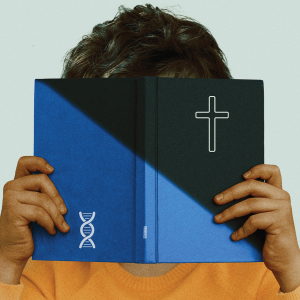
Brenda Wineapple is the author, most recently, of Keeping the Faith: God, Democracy, and the Trial that Riveted a Nation, about the 1925 Scopes trial.
Posts By This Author
100 Years After the Scopes Trial, What Is Truth?
Same struggle, different players.
ONE HUNDRED YEARS ago, in July of 1925, a trial — the Scopes trial — captivated the nation. It was, in a sense, a shot heard round the world, for it too was delivered in defense of freedom. In this case, though, the freedom to worship and to learn was at stake.
A few months earlier, the Tennessee state legislature had passed the Butler Act, a law forbidding public schools to teach “any theory that denies the story of the Divine Creation of man as taught in the Bible, and to teach instead that man has descended from a lower order of animals.”
The five-year-old American Civil Liberties Union (ACLU) considered the Tennessee law to be a flagrant violation of the U.S. Constitution’s First Amendment, which stipulates the separation of church and state. It announced that it would defend a Tennessee public school teacher who would test the law in the courts by breaking it.
In Dayton, a town of no more than 2,000 in the eastern part of the state, a young substitute biology instructor named John Scopes stepped up. You can’t teach biology without teaching evolution, Scopes said, and he’d used the existing state-sponsored biology textbook in his class. This textbook included a short discussion of evolution, which by 1925 was considered settled and foundational scientific theory in both the scientific and academic communities.
Soon an international sensation, the Scopes trial — its implications — cut to the heart of democracy, for it asked who should determine what people should know or read or learn or worship and how that determination would be made. And the questions raised are as pertinent today as they were one hundred years ago.
